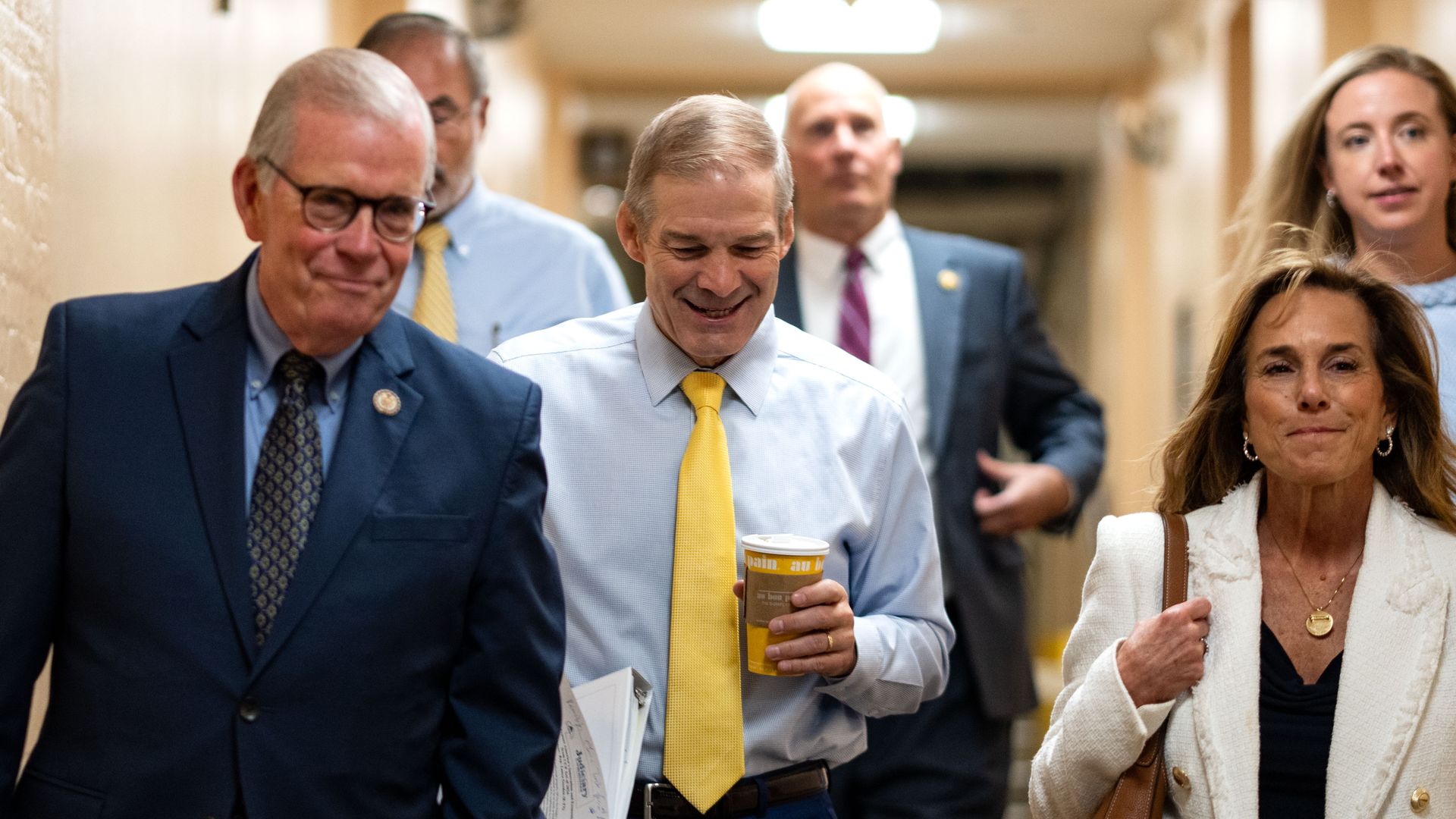Tech Showdown: Trump and GOP Blast EU's 'Anti-American' Digital Crackdown

In a bold move to protect American business interests, a House committee is launching an investigation into potential foreign legal practices that may unfairly disadvantage U.S. companies. The probe aims to uncover whether European regulations are strategically designed to shield local competitors from international competition.
The committee is digging deep to understand if current legal frameworks create an uneven playing field that artificially boosts European businesses at the expense of their American counterparts. By examining the intricate web of international trade laws, lawmakers hope to expose and challenge any systemic barriers that could be undermining U.S. economic competitiveness.
This investigation signals a growing concern about the global economic landscape and the need to ensure fair and transparent market conditions. The committee's efforts underscore a commitment to protecting American companies and maintaining their ability to compete effectively on the international stage.

